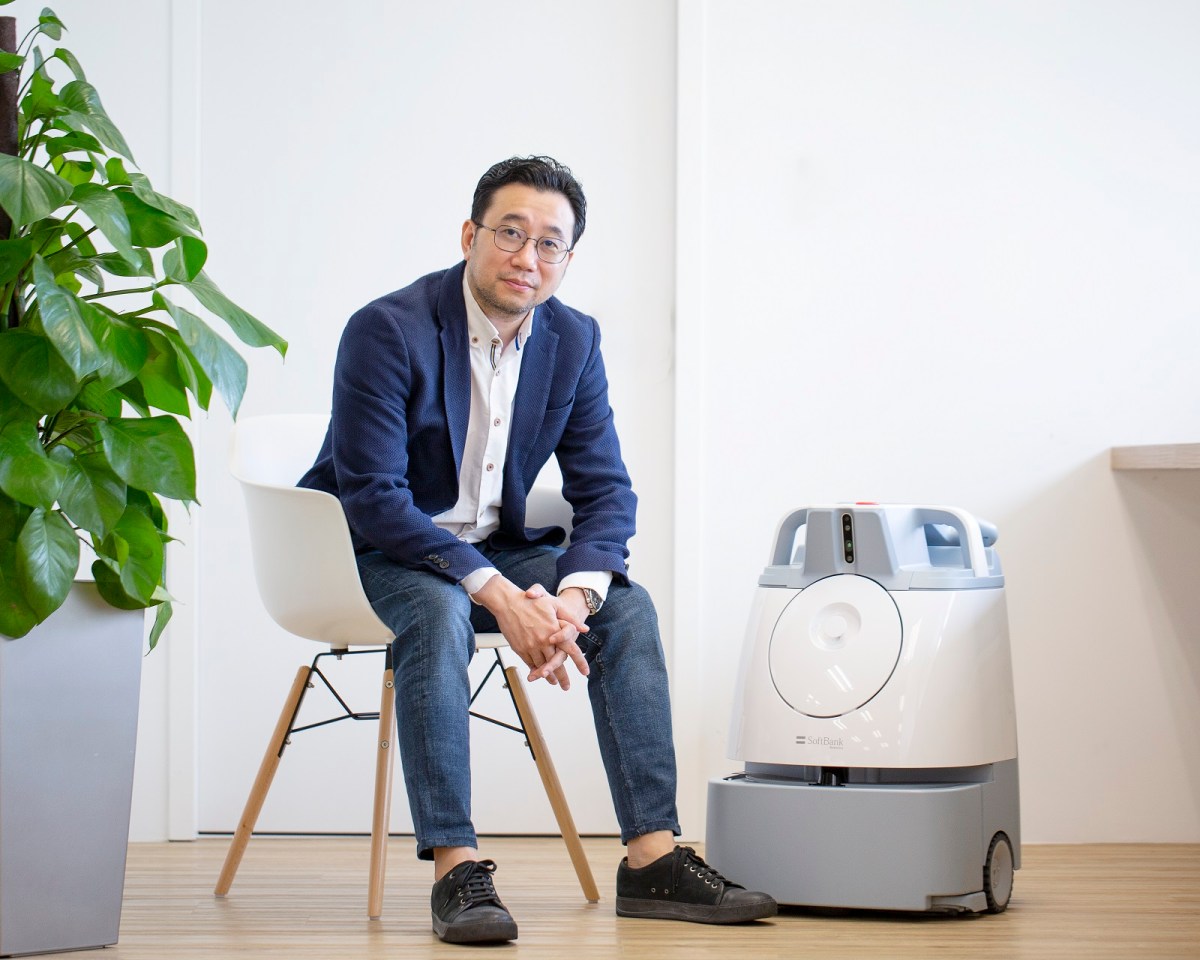In the last 12 months, SoftBank Robotics has been looking at redefining the role of robotics in Australia starting with Whiz – the AI driven robot vacuum cleaner at the forefront of the cleaning industry and soon to have a presence in hospitals and restaurants.
At a time where cleanliness and hygiene has never been so important and with social distancing being the buzz word of 2020, people are more conscious of the spaces and faces they are coming in contact with, according to SoftBank Robotics chief operating officer for Asia Pacific, C.Y. Lee.
“It is crucial for businesses and organisations to take responsibility for the sanitation of their space. While automated cleaning is not a new phenomenon, Whiz is SoftBank Robotics’ answer to improving the scale and agility of robotic cleaning like never seen in Australia or around the world,” he told Retailbiz.
Whiz is powered by AI navigation technology – BrainOS®, the award-winning commercial robot operating system from Brain Corp, which maps out and thoroughly learns the space it is to clean. The self-driving robot vacuum works seamlessly alongside cleaning staff and allows them to focus on higher-value tasks.
“In comparison to some of our neighbouring Asian countries, Australia can be seen as being less critical about our hygiene practices. However, in the wake of the pandemic and with our cities becoming more dense, Australians are increasingly asking how sterile and safe are their places of work, education and care.
“Social distancing will not go away overnight, hot-desking and sanitisation stations will remain and naturally Australians are pivoting to an innovative, effective and efficient automated cleaning culture.”
When asked about the broader robotics industry and predictions for the future, Lee said there is “enormous potential” in how people can collaborate with robotics to make lives easier, safer and more connected.
“Australia is more apprehensive when it comes to adopting new technology to ensure stability in technology usage compared to other countries. However, I predict that with another 12 to 24 months of education about robotics, there will be an increased recognition from Australians on the value of having automation to augment their lives professionally and personally.
“While the idea of a physical robot is still novel to some, we must remember that we are already interacting with them digitally. From mobile banking, customer service chat bot chats, these are just some robots that we all deal with as part of our everyday experience.”
Lee acknowledged that some people have the idea that robots eliminate the human element of a business, but he says the opposite is true.
“SoftBank Robotics’ aim is for humans and robots to live and work cohesively together. We see our robots more as ‘collaborative robots’, or ‘cobots’. By taking on mundane, simple tasks, robots allow people to focus on the more important human elements such as customer service and experience, as well as upskilling their knowledge in robot operations.
“In many markets, SoftBank Robotics works closely with industry bodies to ensure that robots are not disrupting an industry but helping to accelerate the industry and drive productivity at work. For example, a cleaning solution like Whiz will change the role of the ‘cleaner’ in a positive way freeing up time for cleaners to focus on hygiene and disinfecting. Simply put, robotics are here to stay. We are on the verge of adopting robots in a more mainstream sense and we now need to think about how we do this to augment and enhance our lives, rather than inhibit it.”

